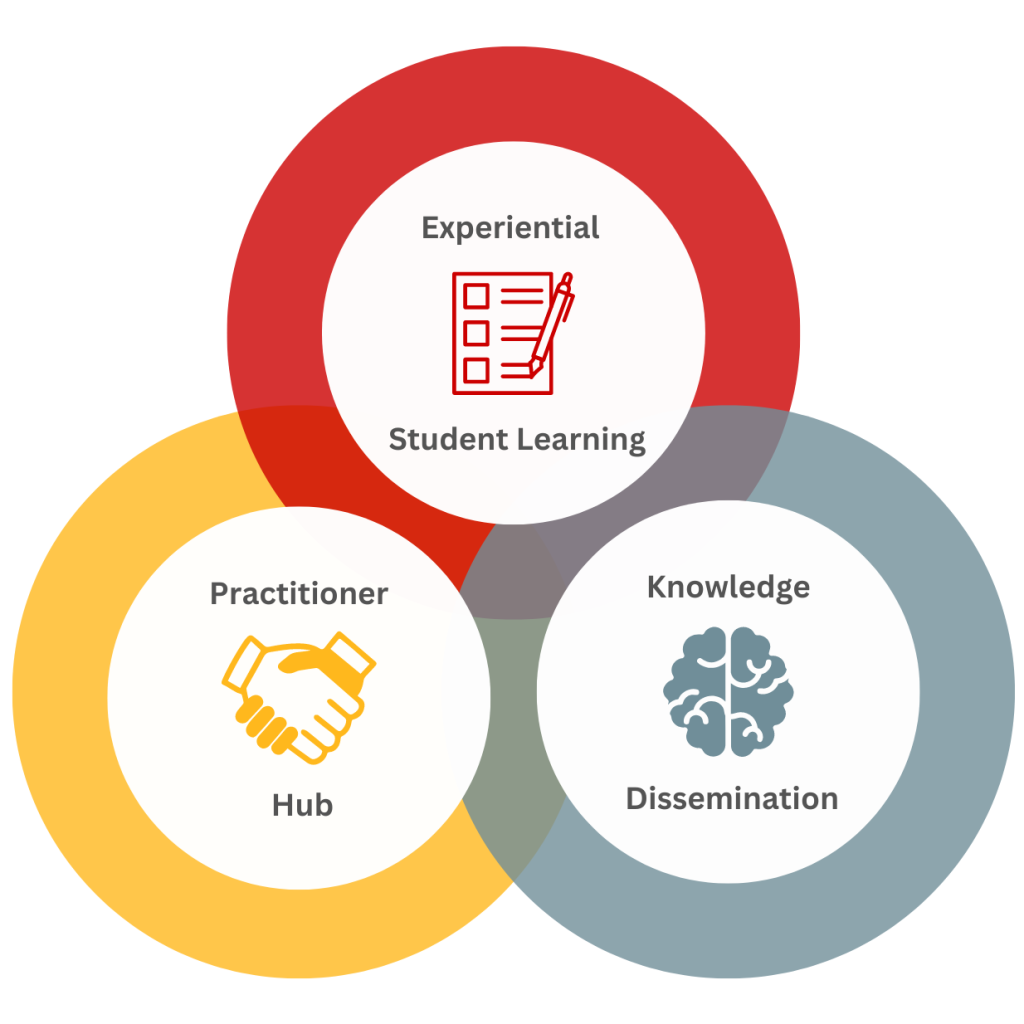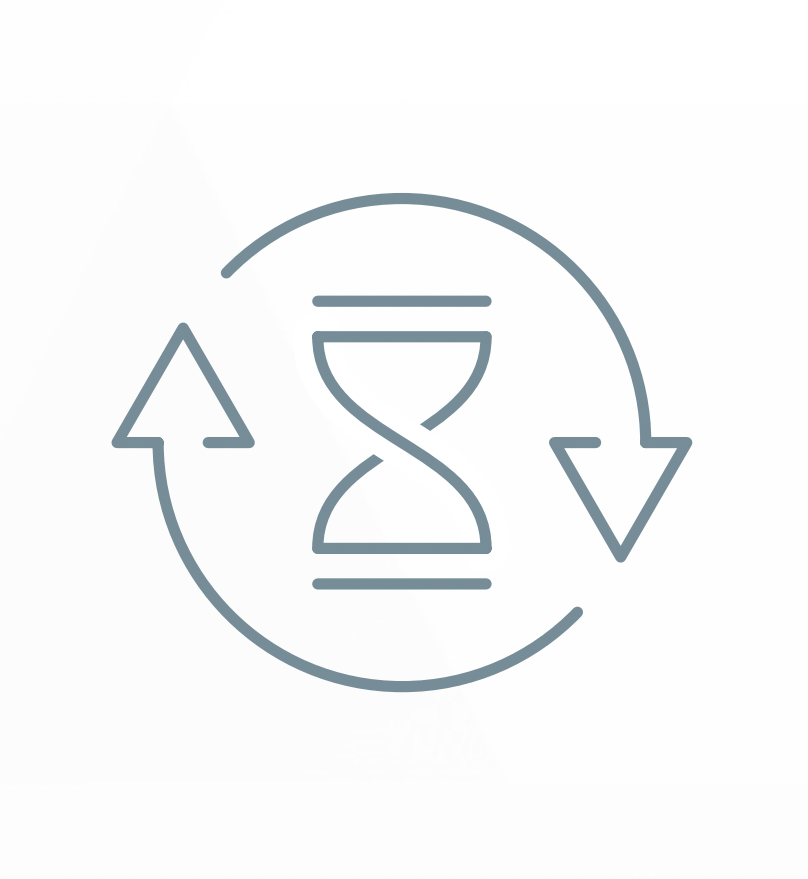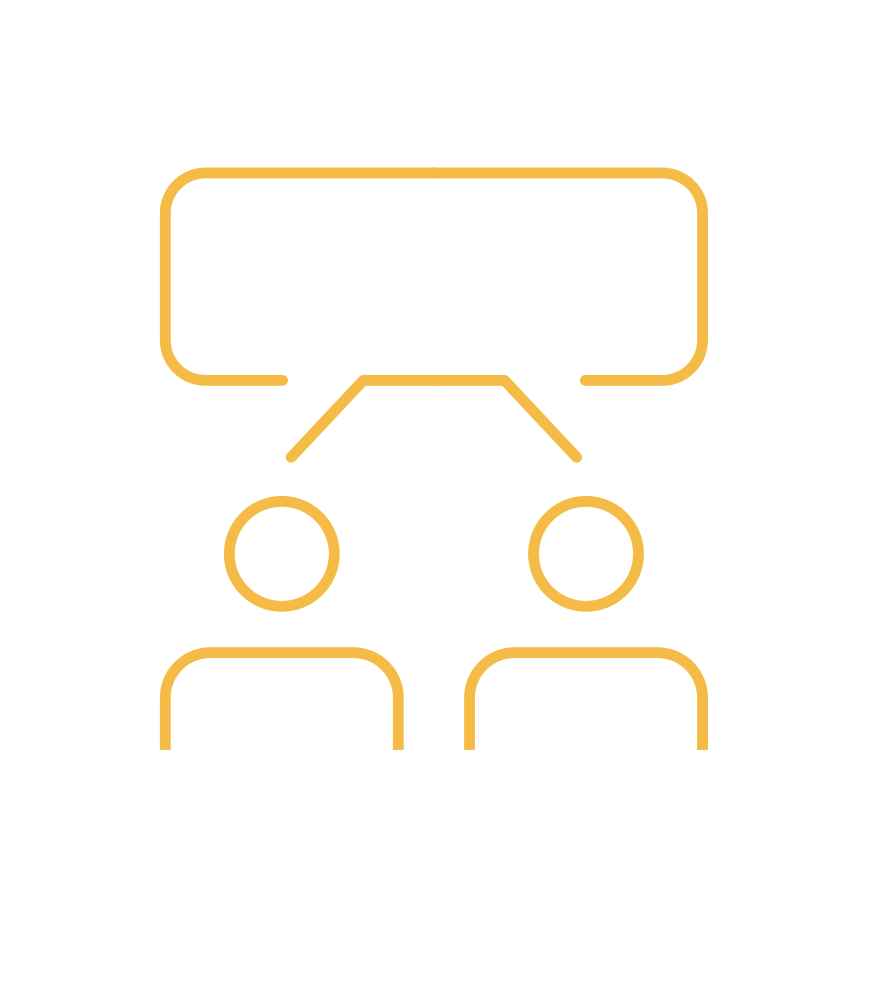 Institute of Advanced Investment Management
Institute of Advanced Investment Management

Industry Projects (Firms)
Advancing the Practice of Investing through Real-World Projects
Gain fresh perspectives and actionable insights while contributing to the education and career readiness of the next generation of finance students. IAIM connects you to student teams of 3-4 passionate finance students to tackle your real-world projects.
Benefits to Sponsors
- Gain innovative solutions and perspectives
from talented finance students - Strengthen ties with the academic
community and potential future employees - Enhance your organization’s visibility and
branding in the finance industry - Early access to talent that will soon enter
the workforce - Campus brand awareness
- Opportunity to give back and invest in the
next generation

Your Organization Benefits from New Tools & Analysis
Students Receive Hands-On Experience from You
Tools from Public Projects will be Accessible to All
Getting Started
Step One – Establish the project with a clear and concise description of your organization and the measurable goals and outcomes of the project. Projects should be able to be completed in 12-15 weeks with student teams dedicating 3-6 hours per week to the project.
Step Two – Determine project contact, the dedicated SME willing to devote time to support the student team, provide onboarding context, perform check-ins, provide feedback and complete the final evaluation.
Step Three – Submit your proposal for consideration to Professor Jonathan Brogaard:
brogaardj@eccles.utah.edu
www.advancedinvesting.org
Logistics
Teams: 3-4 students dedicate 3-6 hours per week to the project.
Duration: Projects are a semester in length (12-15 weeks) with the option to link multiple semesters for larger projects.
Compensation: Students are paid a one-time stipend or hourly pay.
Project Timeline

Best Practices

Project Design
- Incorporate opportunities for students to apply classroom knowledge to real-world scenarios.
- Assign a dedicated project contact who is a subject matter expert (SME) to guide and mentor
students, provide necessary resources and ensure access to relevant tools, systems, and
documentation.

Time Commitment
- Allocate time for project setup and final evaluation.
- Meet with students on a regular cadence – once a week for about 30 minutes.

Flexibility
- Balance ambitious objectives with achievable milestones.
- Be open to adjustments and modifications based on project progress

Clear Communication
- Establish clear lines of communication and set expectations for response times.
- Maintain steady commitment and engagement with student teams through regularly
scheduled communication for feedback, evaluation, and project management. - Offer timely, specific feedback to help students improve and learn.

Mentorship
- Set clearly defined goals with measurable outcomes that support students’ academic growth
while meeting project requirements. - Give students context: insights on the company, industry practices, and industry trends.
- Provide guidance and support, encouraging students to ask questions and seek advice.
If you want more information before submitting a formal proposal, please contact Jonathan Brogaard for further details. To do so, email brogaardj@eccles.utah.edu
